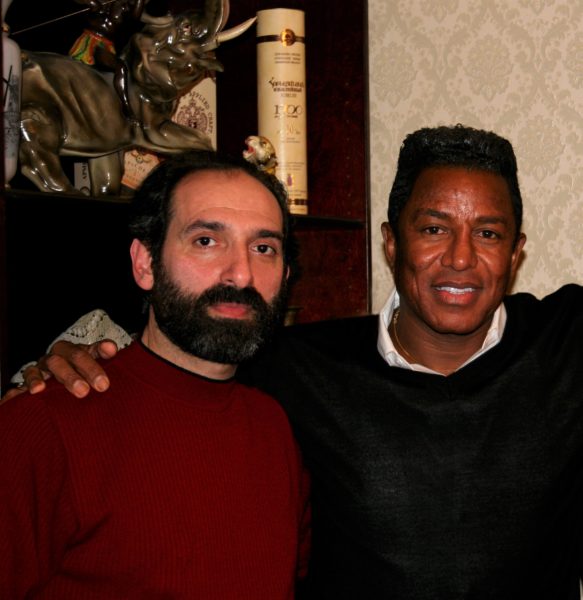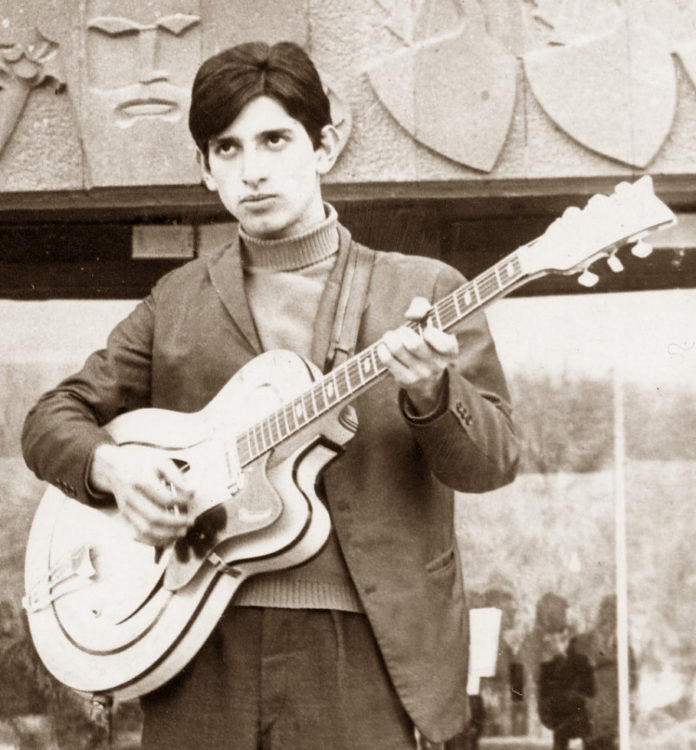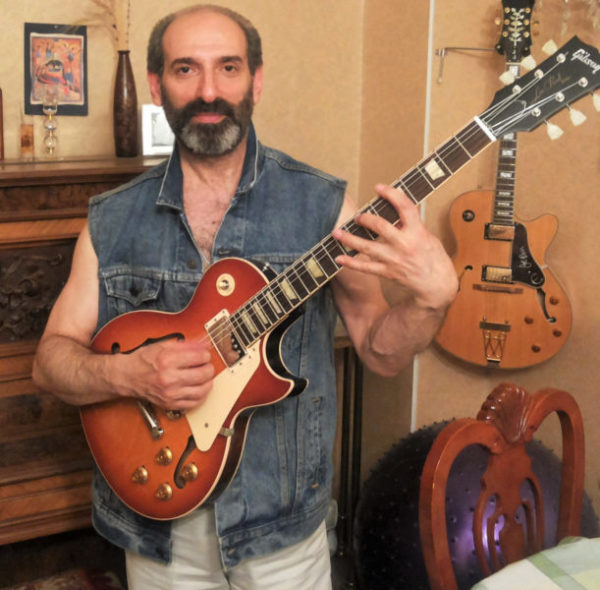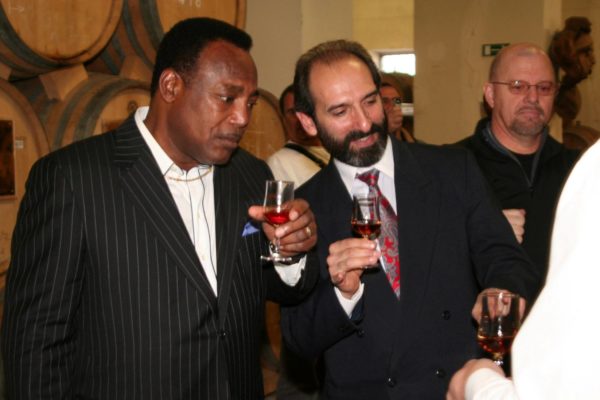YEREVAN — Solo guitarist, singer and songwriter Boris Andreasyan (born in 1953 in Nakhichevan) is one of the most unique figures of the Armenian music scene. He plays a variety of music: blues, rock, pop, folk, funk, fusion, jazz, flamenco, but in a recent interview said his preferred style is jazz rock fusion.
In addition to bass guitar, he plays the banjo, bouzouki, tar, oud, keyboard and percussion instruments. In 1970, he founded his first rock band, “1 + 2,” which Russian music critic Artemi Troitsky mentioned in his book Back in the USSR on Soviet rock music as the leader of Armenian rock. Boris played in different groups, in 1975 at the fifth All-Soviet Competition of Pop Artists in Moscow, he was awarded the title of laureate with “Armina” vocal and instrumental ensemble.
In 1975–1978 he worked as a solo guitarist and singer in the State Jazz Orchestra of Armenia led by Konstantin Orbelian. In 1978–1979 Boris played in the jazz quartet of the Armenian Television and Radio Committee, from 1982 to 1989 in the “Armenia” band of the hotel of the same name. Between 1991 and 1995 he lived and worked in the US, and between 2002 and 2004 in Moscow.
Currently Boris Andreasyan composes, writes music, and two of his books have been published recently.

Boris, your life is very interesting.
First, let me thank you for the interview. I was born in a family of teachers: my father taught mathematics, my mother Armenian language and literature. I was raised in a neighborhood next to St. Sarkis church of Yerevan. First my parents took me to ballet first, but the ballet moves seemed girlish to me, so I ran away from the dance school. The same happened when they took me to the folk dances. Yet, I attended a sports school for three years, where I became a champion in in-school gymnastics competitions. I almost reached the status of a master of sports, but one day after hearing about the possibility of muscle injuries, I left the sport.












